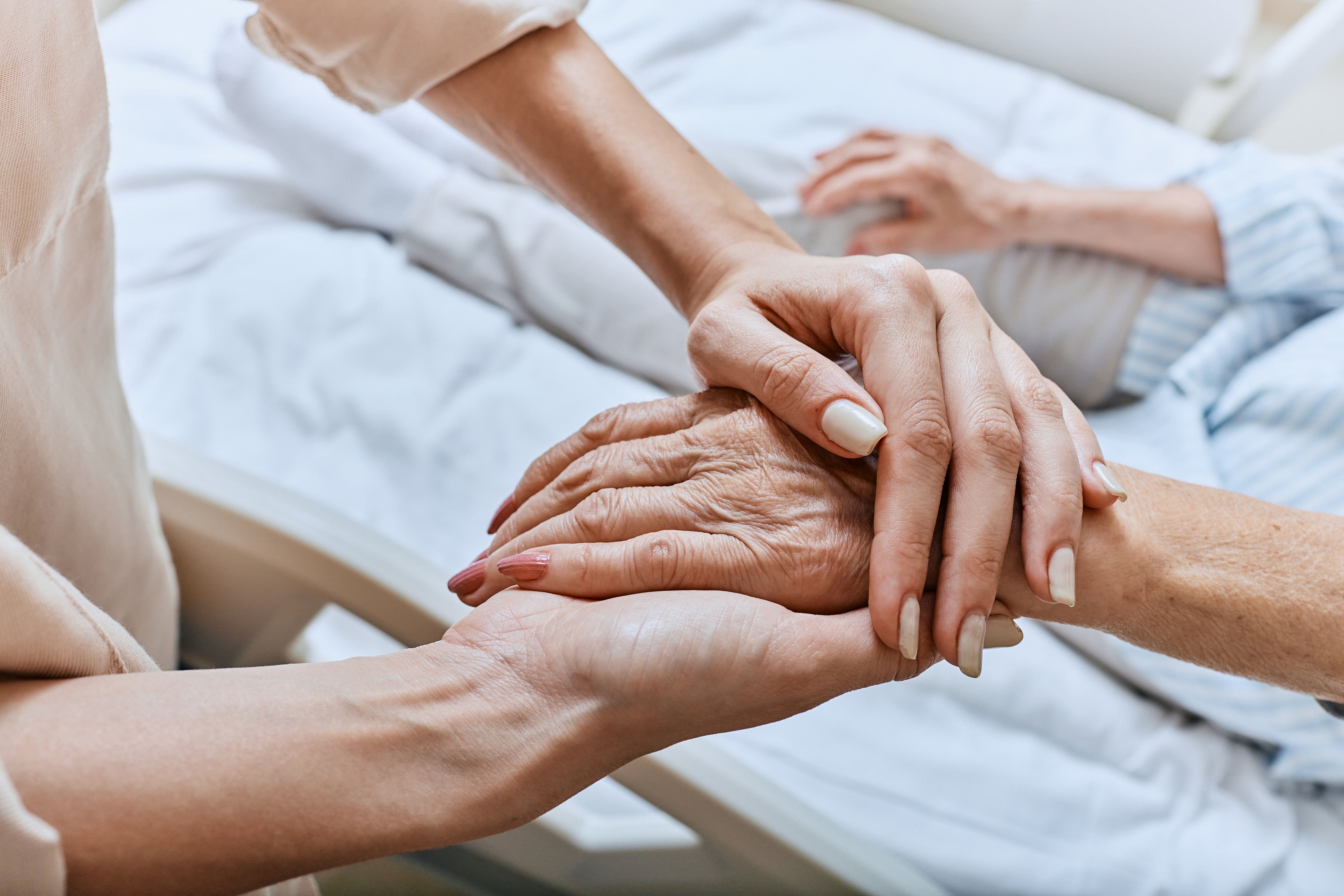New research suggests that changes in the mouth and gut bacteria of Parkinson’s disease patients could signal an early worsening of their symptoms.
Scientists, utilising artificial intelligence (AI), have linked these bacterial shifts to cognitive decline – including memory and learning problems – in individuals with the condition.
These toxins may potentially serve as “markers” for doctors to identify Parkinson’s patients at a higher risk of developing dementia, and could also aid in developing targeted treatments.
Parkinson’s disease is a progressive condition affecting the brain, with symptoms such as involuntary shaking (tremors), psychological issues like depression, loss of balance, sleep difficulties, and memory problems.
According to the Alzheimer’s Society, around a third of people with Parkinson’s eventually develop dementia.
Dr Saeed Shoaie, group leader of the quantitative systems biology (QTS) lab at King’s College London, said: “The human gut and oral bacterial communities are increasingly linked to neurodegenerative diseases.
“Disruptions in the gut-brain axis could trigger inflammation and immune responses that contribute to neuronal damage.
“A common gum disease bacterium like porphyromonas gingivalis has been discovered as a potential driver of Alzheimer’s.”
For the study, led by experts at King’s College London and published in the journal Gut Microbes, scientists analysed 228 spit and stool samples.
The samples came from 41 patients with Parkinson’s and mild cognitive impairment – which causes problems with thinking and memory – 47 patients with Parkinson’s and dementia, and 26 healthy patients.

The team found that the gut of people with mild cognitive impairment contained more harmful bacteria, many of which are likely to have come from the mouth.
This bacteria releases toxins that can damage gut tissue, promote inflammation and potentially affect the brain, according to researchers.
For a more in-depth analysis, the team used AI to pinpoint the bacterial species and functions not usually picked up by traditional testing, allowing them to link toxins specifically to cognitive decline.
Dr Shoaie added: “The emerging evidence underscores the potential importance of maintaining oral and gut health in mitigating or slowing neurodegenerative processes.
“As people with Parkinson’s become increasingly reliant on carers, routine practices such as oral hygiene and nutritional intake may be neglected.
“Our findings suggest that promoting a healthy microbiome through consistent oral care, a balanced diet and potentially targeted probiotic interventions could support improved disease management in Parkinson’s.”
Dr Frederick Clasen, research associate at the QTS lab, said: “We don’t yet know if the bacteria are causing the cognitive decline or if changes in the body due to Parkinson’s allow these bacteria to grow.
“But our findings suggest they may play an active role in worsening symptoms.”
Dr Clasen suggests these markers could one day be used to develop targeted treatments.
“These toxins could be used as biological markers to identify patients at higher risk of dementia in Parkinson’s,” he said.
“In the future, they might also be targets for new treatments that protect the brain by changing the gut environment.”





